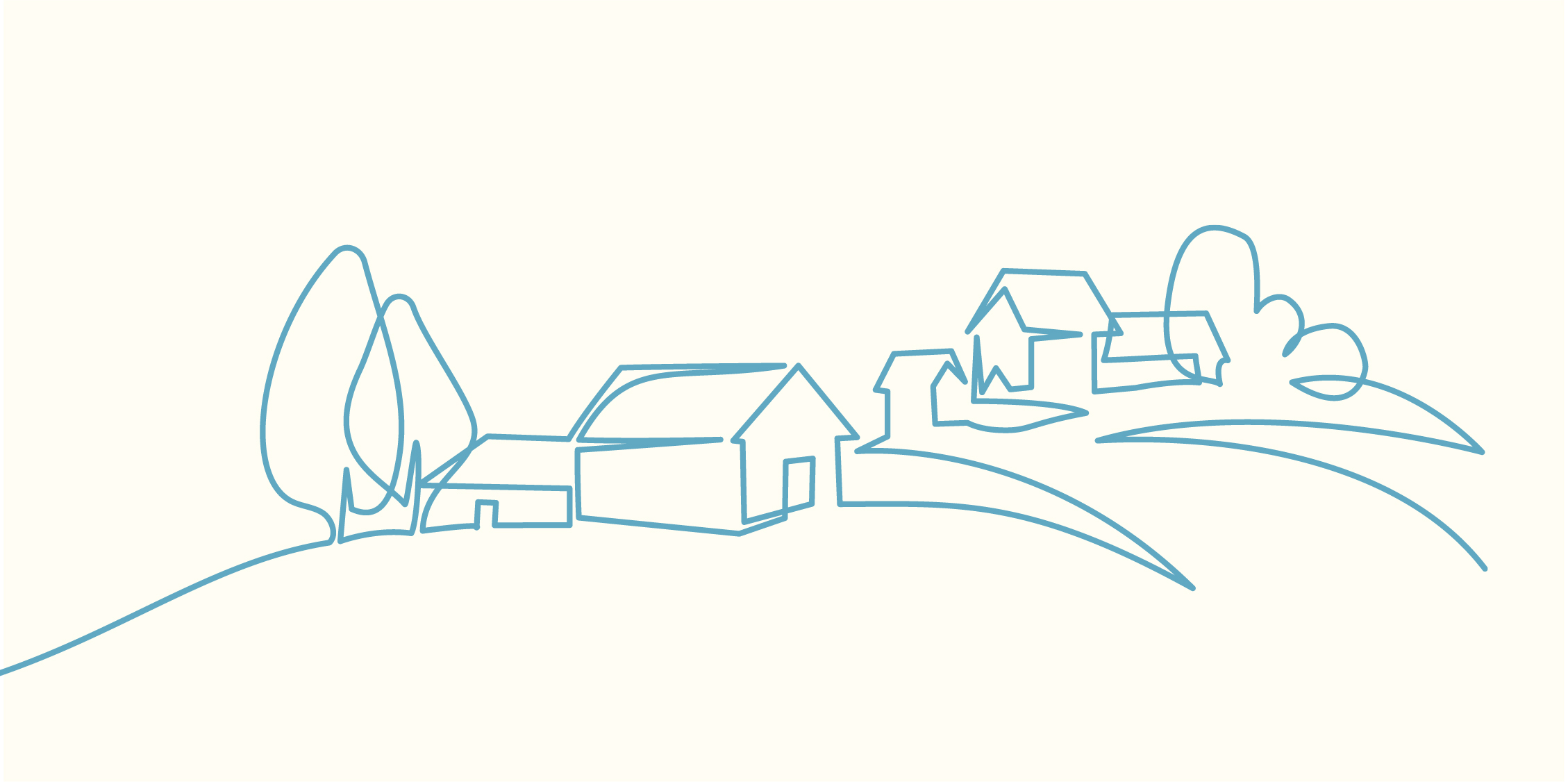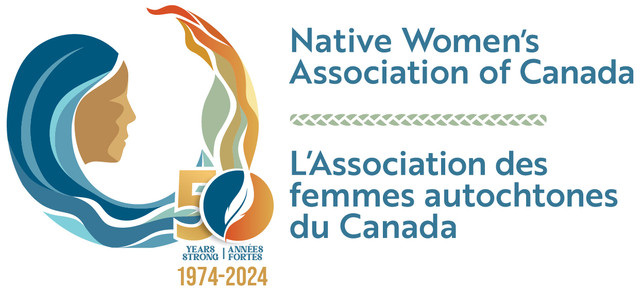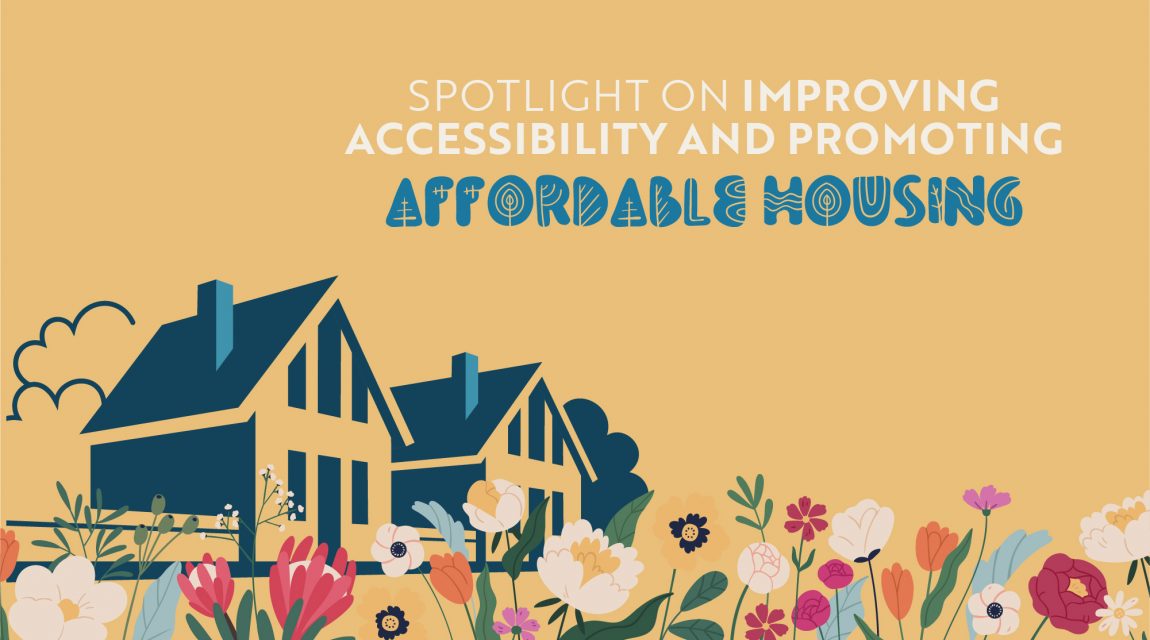Indigenous Navigators Project
Funded by the Accessible Canada Directorate of Employment and Social Development Canada, NWAC is exploring the idea of a new Indigenous Navigator function. The goal of this project is to improve the availability of information and supports for Indigenous people living with disabilities.
A literature review is in progress, and we are recruiting participants for national online roundtables/sharing circles. These will be held on April 4, 5, 18, and 20 from 12:30–2:30 p.m. EST.
Over the course of these sessions, we hope to host up to 100 Indigenous Women, Two-Spirit, Transgender, and Gender-Diverse+ People from across Canada who live with a disability and who have lived, wish to live, or currently live on-reserve. The sessions will also be open to service providers that provide services to Indigenous People living with disabilities.
Participants in these sessions will be asked about their experiences in trying to get information, supports, and resources. NWAC hopes to identify needs and barriers to accessibility and develop recommendations.

To preregister for a session, please contact us by email: fabdi@nwac.ca. Indicate in the email the following:
- the session date that you prefer
- your mailing address
- your accommodation needs in order to participate in the online session
NWAC is providing a $50 honorarium to each participant who attends and provides input during the roundtable and/or through a Google Form afterward. The project’s final report will be published in summer 2023.
NWAC’s Housing Initiatives
NWAC is involved in several research projects funded by the Canada Mortgage and Housing Corporation, and the Office of the Federal Housing Advocate. For example, we are researching and developing a sustainable, affordable, and culturally appropriate housing model for Indigenous Women, Girls, Two-Spirit, Transgender, and Gender-Diverse+ People.
In addition to a literature review and cross-jurisdictional scan, we launched a national online survey with 100 respondents. The survey findings are outlined in English and French fact sheets.
This research will be used to develop a preliminary design for the housing model in the Stage 1 final report. We hope to get additional funding soon to continue this important work in Stage 2. More information on other housing projects will follow in a future edition of the newsletter.

